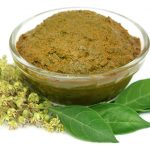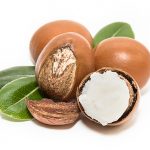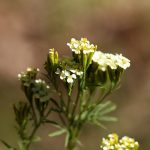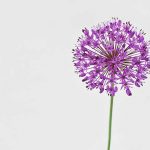
A native plant from South America proven to boost stomach and gut health WITHOUT the side effects
Friday, August 10, 2018 by Michelle Simmons
http://www.naturalnews.news/2018-08-10-a-native-plant-from-south-america-proven-to-boost-stomach-and-gut-health.html
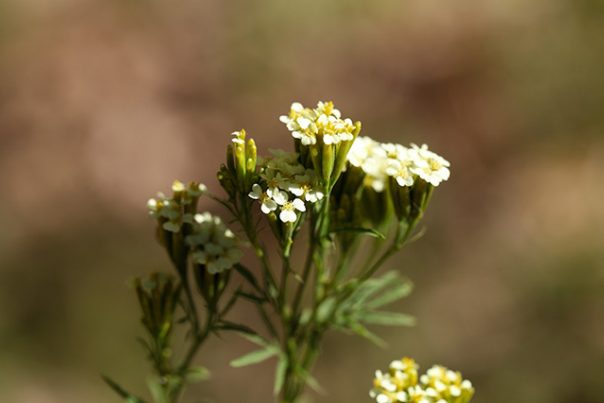
Researchers have found that the wild marigold, a plant native to South America, contains antioxidant and antibacterial properties that can be used to improve stomach and gut health without side effects. In their study, which appeared in BMC Complementary and Alternative Medicine, scientists at the University of Fort Hare in South Africa looked at wild marigold’s ability to reduce the formation of free radicals and to treat infections caused by pathogenic microorganisms.
Traditionally, wild marigold (Tagetes minuta) has been used as an insect repellent and as a treatment for stomach and intestinal diseases. For this study, researchers selected the plant as part of its goal to look for novel treatments using medicinal plants.
“There has been heightened interest of late in plant-based natural products that have the ability to reduce free radicals formation and treating infections caused by pathogenic microorganisms,” they wrote in their report. “There is, however, scarce information on antibacterial and antioxidant properties as well as the chemical constituents of the essential oil flower of T. minuta.”
In this study, the research team extracted the essential oil of the flower of wild marigold to assess its chemical composition, antioxidant properties, and antibacterial properties. Then, they used the essential oil of wild marigold flower against Streptococcus uberis, Enterobacter cloacae, Mycobacterium smegmatis, Listeria ivanovii, Vibrio species, and Escherichia coli bacterial strains.
Based on the results, the essential oil of the wild marigold flower contains 98 compounds. Out of the 98 compounds, beta-ocimene was found to have the highest concentration at 14.40 percent, making it the primary chemical constituent.
In addition, the wild marigold flower essential oil exhibited radical-scavenging activities on three different radicals, which indicated that it is beneficial as a good antioxidant agent. Moreover, the essential oil also demonstrated antibacterial activities against all the bacterial strains tested in the study. The antibacterial effect was greater against S. uberis, Vibrio spp., and E. coli. bacterial strains.
In conclusion, the essential oil of wild marigold flower can be used as a safe, effective, and potent antioxidant and antibacterial agent to treat stomach and intestinal diseases. The findings of the study are especially important because most drugs used for treating diseases are less effective and come with side effects.
More on wild marigold
Wild marigold, also known as Mexican marigold, is a perennial plant that is native to South America. This plant can grow up to 30 inches in height. It may appear upright or with bushy unbranching stems. Its shiny green leaves are linear to oblong in shape and measures about three inches long. Wild marigold produces golden yellow flower blossoms on the ends of the stem during summer, and the flower heads measure around 1.3 cm across and have five golden-yellow ray florets.
This plant is used both for medicinal and culinary purposes. As a medicinal plant, its leaves have been used for curing malaria, colic and colds and rattlesnake bites by the Mexicans and Central Americans. Meanwhile, the Aztecs have used wild marigold as an ingredient in a medicinal powder that was blown on the faces before human sacrifice. In addition, it is said to have psychotropic and entheogenic effects. Moreover, the plant is burned to repel insects. (Related: 16 Great Mosquito Repelling Plants To Keep Indoor.)
The different parts of the plant are used for culinary purposes. For example, its leaves are used as a substitute for tarragon, because the leaves taste like tarragon with hints of anise. The leaves are also added as a flavor in soups and sauces. The chopped leaves are used for seasoning chicken and tossed green salads. It also adds a wonderful fragrance to potpourris and sachets. The plant’s dried leaves and flower heads can also be used to prepare tea.
Read more news stories and studies on other essential oils like wild marigold by going to EssentialOils.news.
Sources include:


